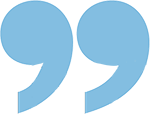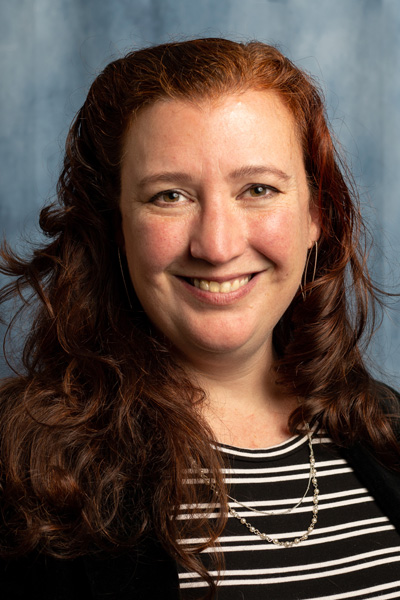Betsy O'Donovan, MPhil
-
Hello, all.
First thing: If you’re reading this and we haven’t checked in recently, I’m curious about what you’re up to, how you’re doing, and whether you have what you need to get wherever you’re going next. Touch base when you can: odonove@wwu.edu still works and I’d love to hear from you. (Despite the glacial speed of my responses when the academic year is attacking on all fronts.)
It’s been a busy, fun, thought-provoking year. I got to head to Dublin in December to research how Irish book publishers and literary magazines are dealing with the rise of large language models and other AI (“skeptically” is one answer), and found a new favorite place to hang out and work. (The Cake Cafe joins The International Bar as best hangouts in the city my Irish friends call “The Big Smoke.”)
While I was off doing that, Jeff Shaw (husband, next-office neighbor, award-collecting Planet adviser) was in London to do some research about how newspapers wrote about the suffragettes who used jiu-jitsu to defend Emmaline Pankhurst from police raids and angry mobs. I’m a little jealous, frankly, because what a fun project — but I also got to work with Jeff on a paper about American newspaper coverage of jiu-jitsu from 1904-1906, when it first hit our shores and became popular as a way for women to combat street “mashers,” or harassers; that’s coming out from the Journal of 20th Century Media History. If you like great stories about politics, history, and sports, Jeff’s recent projects have been super fun to read. For one thing, he will make you look at the “Sister Suffragette” number from “Mary Poppins” in a whole new light.
After we got done with interviews and archives, we met up in Edinburgh, Scotland, for Christmas (recommended places there: Typewronger Books, I.J. Mellis Artisanal Scottish Cheese Shop (yes, I am mocking myself for typing that, but cheese), the Greyfriars Bobby statue) because why not go even farther north than Bellingham during the dark winter months? (Kidding. It was my first trip there and magical for anyone with a drop of imagination.)
It’s been a travel-heavy year, honestly; I did my first feature reporting trip in quite a while when I went to QuiltCon in Raleigh, North Carolina, last month, to work on a story about how the (mostly) women who love this quintessential American art are using it to comment on our political moment and speak back to the federal government. I’m still drafting (and revising and revising and revising), and it’s torturous fun to be back at my desk, doing the work that I ask students to tackle in feature writing.
Speaking of teaching: My freshest news (as of, literally, yesterday) is that I am the 2026 recipient of the Peter J. Elich Excellence in Teaching Award, and I feel like I owe everyone who’s ever taken a class with me a lot of thanks for joining in on teaching experiments, intense conversations with classmates, and great, clear feedback about how to level up. (As you might know, though, I think everything can always be improved, so the experiments will continue.) It’s the first time the journalism department has brought one home (I predict not the last), and it comes with a literal medal. It’s not weird to wear that on the first day of class, right?
There’s lots more going on, as I suspect there is with all of you, and I wasn’t kidding at the top (that’s why I put it in the lede): Check in when you can, not just when you have good news. We’re here, interested, have a lot of tips about how to travel on a tight budget, and we’d love to know what you’re doing, wherever and whatever that might be.
Fondly,
Betsy O’Donovan

